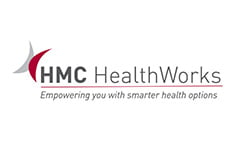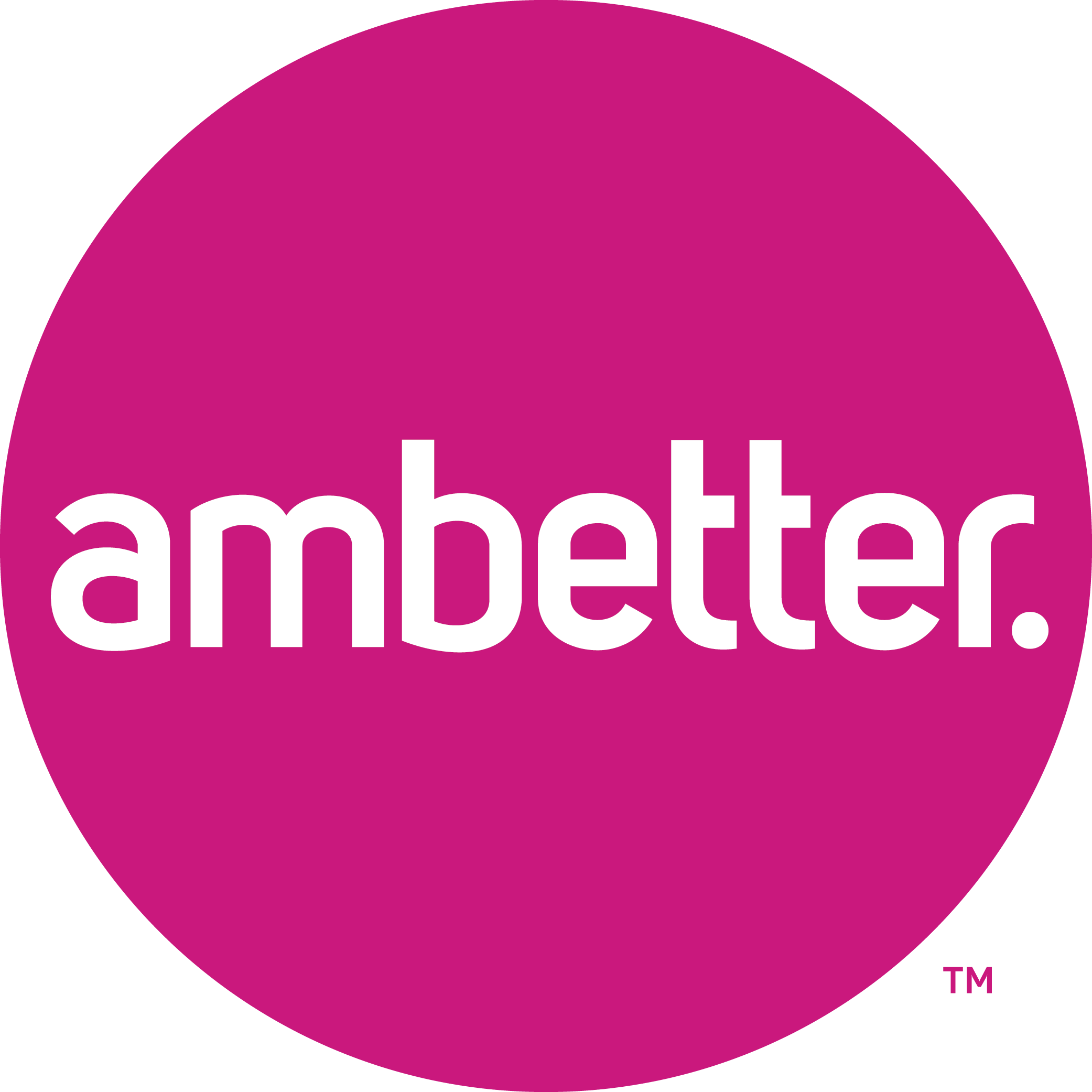The Military and Veterans in Recovery program at Banyan Treatment Centers provides relapse prevention and aftercare treatment for veterans and active duty with substance use. For active-duty members and veterans who have served their country with honor, transitioning back to civilian life can be challenging, and substance use disorders can often become a significant issue. The journey to recovery can be long and demanding, and that's where our specialized program steps in to offer support and guidance. Below is more on the relapse prevention treatment and services offered at our military rehab centers.
Relapse in Veterans & Active-Duty Personnel
Relapse in veterans and military personnel refers to the recurrence of medical or psychological conditions, often related to mental health or substance use disorders, after an initial period of improvement or recovery. This phenomenon can be attributed to various factors, including the unique stressors and challenges faced by individuals in the military.
Common factors contributing to relapse in veterans include:
- Deployment stress: The high-stress environments of deployment, exposure to combat, and the demands of military service can lead to increased susceptibility to mental health issues, such as post-traumatic stress disorder (PTSD) or depression.
- Social isolation: Transitioning to civilian life can result in a sense of isolation and loss of the support system provided by the military community, increasing the risk of relapse.
- Self-medication: Some veterans may turn to substance use as a coping mechanism, which can exacerbate addiction issues.
- Limited access to care: Veterans may face challenges in accessing appropriate healthcare or may experience delays in receiving treatment, increasing the likelihood of relapse.
- Stigma: The stigma surrounding mental health issues and substance use can deter veterans from seeking help, leading to a relapse.
Prevention and management strategies for relapse in veterans and military personnel involve:
- Early intervention: Prompt identification and treatment of mental illness and substance use disorders can mitigate the risk of relapse.
- Comprehensive support: Offering a network of social and emotional support, such as counseling, peer support groups, and family involvement, can help individuals maintain their recovery.
- Access to healthcare: Ensuring timely access to healthcare services, including mental health and addiction treatment, is critical.
- Education: Reducing the stigma surrounding mental health and substance use disorders through education and awareness campaigns can encourage veterans to seek help when needed.
- Skill development: Providing veterans with coping strategies and life skills to manage stress and navigate the challenges of civilian life can be beneficial.
Relapse in veterans and military personnel is a complex issue that requires a multi-faceted approach to address the underlying causes and provide the necessary support for sustained recovery. This form of support can be found at our nationwide drug rehabs for veterans.
Our Relapse Prevention for Veterans With Substance Use
The cornerstone of our approach is a comprehensive addiction aftercare treatment plan tailored to the unique needs of veterans with substance use issues. This plan involves a combination of evidence-based strategies and a support network to address the physical, psychological, and social aspects of recovery.
Below are the key components of our relapse prevention and aftercare treatment for veterans:
- Individualized treatment plans: Each veteran's journey to recovery is different, and their needs vary. Our program begins by conducting thorough assessments to create a personalized treatment plan that considers their specific substance use history, mental health issues, and individual circumstances.
- Counseling and therapy: Cognitive-behavioral therapy (CBT) and individual counseling are essential components of our program. These therapeutic techniques help veterans identify triggers, develop coping strategies, and build resilience against cravings and stressors that could lead to relapse.
- Peer support: Veterans often find it easier to connect with peers who have shared similar experiences. Our program includes group therapy sessions, where veterans can share their challenges and successes with others who understand their unique struggles.
- Education and skill development: We equip veterans with the knowledge and skills necessary to maintain their sobriety in the long term. This includes education on the science of addiction, relapse warning signs, and effective communication techniques to build healthier relationships.
- Family involvement: We encourage family members to be actively involved in the recovery process via our family program. Providing education and support to the loved ones of veterans can help create a strong support system at home.
- Holistic wellness: Substance use disorders affect the whole person, and recovery should address every aspect of their well-being. We promote physical fitness, stress management, and nutrition to support overall health and recovery.
- Long-term monitoring: Our program doesn't end once a veteran completes the initial phase of treatment. We offer ongoing support and monitoring to ensure the sustainability of their recovery.
- Relapse prevention tools: Veterans learn specific relapse prevention techniques, such as recognizing high-risk situations, building a sobriety plan, and employing mindfulness to maintain self-control.
Why Choose Banyan's Military and Veterans in Recovery Program?
At Banyan’s addiction treatment centers, we understand veterans' challenges when returning to civilian life. Our program is designed to provide relapse prevention and aftercare treatment for veterans with substance use, considering their unique experiences and struggles. We offer a supportive and structured environment that fosters healing and recovery.
The Military and Veterans in Recovery program at Banyan Treatment Centers is committed to the following principles:
- Specialized care: Our staff is experienced in working with veterans, and they are trained to address the distinct needs and trauma-related issues that veterans may encounter.
- Compassion and respect: We treat every veteran with the utmost respect and provide a safe space where they can share their experiences and challenges without judgment.
- Evidence-based approach: Our program is grounded in evidence-based practices that have been proven effective in helping individuals with substance use disorders achieve lasting recovery.
- Long-term support: We're dedicated to helping veterans maintain their sobriety for the long haul. Our aftercare programs and relapse prevention strategies are essential for sustaining recovery beyond the initial treatment phase.
Relapse prevention and aftercare treatment for veterans with substance use is a critical component of the healing process. Our veterans’ addiction treatment provides a comprehensive and personalized approach to address the unique challenges faced by veterans and active-duty members in their journey to recovery. We stand with our service members, offering them the support, tools, and knowledge necessary to achieve and maintain lasting sobriety. If you or a loved one is a veteran struggling with substance use, we are here to help you on the path to recovery.
If you or someone you care about is an active-duty member or veteran who needs addiction or mental health care, contact Banyan Treatment Centers today to learn more about our military and veterans’ drug rehabilitation.
Most Insurance Plans Accepted
At Banyan Treatment Centers, our goal is to make sure that anyone who needs treatment from drug and alcohol addiction are able to get the help needed to assist them on the road to recovery. If you don't have insurance contact us to inquire about alternate methods regarding treatment for yourself or a loved one.


















